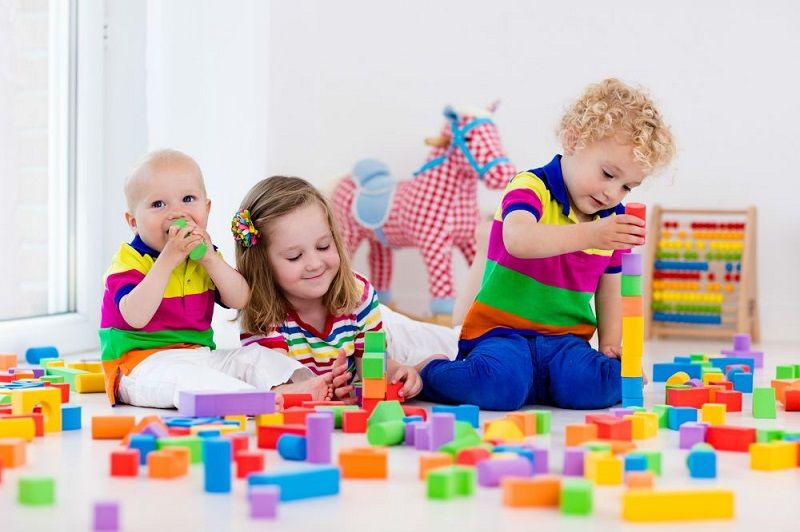Here at Kids First OT, we love to play. Playing with kids, following their lead, and expanding their play can greatly help develop kids core skills relating to their foundational development as they grow.
Playing on the floor with kids is even better! It can promote development of gross motor milestones and social interaction in young infants, refined motor and play skill development in toddlers, and self-regulation and social skills in children. Even for older children, playing on the floor can assist with developing postural control, executive functioning, confidence, and social-emotional skills.
DIR and DIRFloortime is a theory and practice developed by Dr Stanley Greenspan that focuses on building core capacities to support the development of a child. It heavily focuses on the power of affect, which can be used to create more emotional meaning and depth during play. Affect helps our memory retention daily! Many children learn the meaning of the word ‘hot’ from mum or dad exclaiming ‘hot! hot! hot!’ as they reach to grab their parents cup of tea. Many of our therapists at KFOT have completed varying levels of this program, and use these principals in our sessions every day.
DIR stands for:
· Developmental – the D outlines the functional emotional developmental capacities (FEDCs) that children flow through and master during typical growth and development. Different factors can impact when a child might reach and master these different capacities. Therapists can use these capacity stages to understand where your child might be sitting, and work on the next one to assist with their development!
· Individual differences – no two children are alike! Each person differs in how they take in, process, and react to different sensory experiences in their environment, from others, and in their own body. Individual differences help therapists to learn what to consider as we play and interact with the child, and what toys or sensory experiences to avoid.
· Relationship based – this outline how relationships fuel our development. All people are social beings and relationships are key to our connection and development. The R outlines that parents and caregivers are incredibly meaningful for developing a child’s capacities, and that purposeful play with trusted individuals can fuel progress through the developmental capacities. A strong R is essential for progress in the D and I!
The DIR model does not focus solely on skills and isolated behaviours; rather, it aims to develop healthy foundations for social, emotional, and intellectual capacities.
Additional information on this model can be found on the ICDL website, or by talking to a KFOT therapist with experience with the theory and practice.
